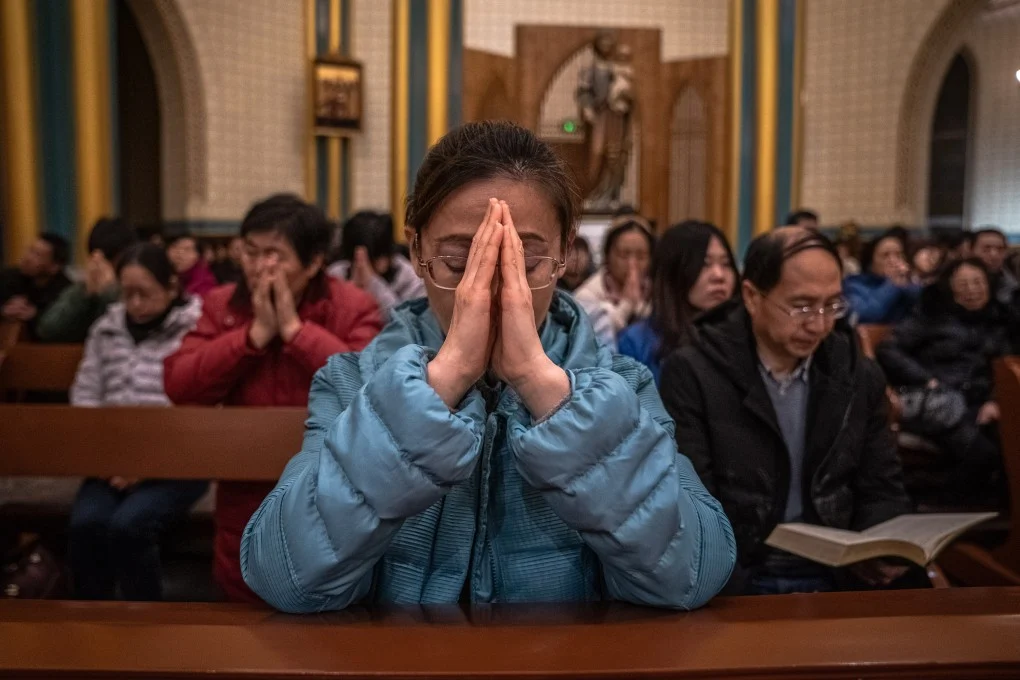By: Augustine Gill
Christian persecution is an urgent global issue affecting millions who are often targeted due to their faith. Christians worldwide face harassment, discrimination, imprisonment, violence, and, in severe cases, death. Despite international efforts to uphold religious freedom, the persecution of Christians has risen in many parts of the world, with some regions marked by particularly high levels of hostility.
Data from human rights organizations and religious watchdog groups reveal the breadth and severity of the problem. Open Doors, an international organization focused on Christian rights, releases an annual “World Watch List” ranking countries where Christians experience the most persecution. Their 2023 report indicates that more than 360 million Christians globally face high levels of persecution or discrimination, representing approximately one in seven Christians worldwide. Countries where persecution is especially severe include North Korea, Afghanistan, Somalia, and Pakistan. In these areas, Christians often face discrimination and may need to practice their faith in secrecy to avoid harassment or imprisonment.
The forms of persecution vary by region, influenced by local political, cultural, and social factors. Discrimination against Christians is common in areas like education, employment, and government services, which can limit their opportunities and quality of life. In many places, Christians encounter harassment from community members, authorities, and local leaders, with threats of violence often rising when Christians attempt public expressions of their faith. In countries with laws that restrict or criminalize Christianity, individuals may face imprisonment, torture, or even death for practicing their religion. Property destruction is also a significant issue, as churches and other Christian properties are often targeted by militant groups in countries like Nigeria and Syria, forcing Christians to gather in secret.
Some regions stand out as particular hotspots for Christian persecution. The Middle East, historically home to Christianity’s roots, has witnessed intense persecution in recent decades. The rise of radical Islamist groups, especially during and after the Arab Spring, has targeted religious minorities, including Christians. In Iraq and Syria, militant groups such as ISIS have forced mass displacements, significantly reducing the Christian population. In Sub-Saharan Africa, countries like Nigeria, Somalia, and the Central African Republic have seen extreme violence against Christians. Nigeria, for instance, has faced repeated attacks on Christian communities from the militant group Boko Haram and other factions, with Fulani militants also targeting Christian farming communities. Asia remains another critical area, with North Korea, China, India, and Pakistan among the countries with severe restrictions on Christian practice.
Various factors drive the persecution of Christians worldwide. In countries like India and Myanmar, religious nationalism fosters hostility toward Christians, who are often viewed as foreign influences. Authoritarian regimes, such as those in North Korea and China, see religion as a competing authority and restrict Christian activities as part of broader control over citizens. Islamic extremism in the Middle East and parts of Africa also contributes significantly, with groups like ISIS, Boko Haram, and Al-Shabaab frequently targeting Christians. Additionally, cultural norms in some regions create an environment where Christians face hostility, while economic and political instability can further exacerbate religious tensions.
International organizations such as Open Doors, the United States Commission on International Religious Freedom (USCIRF), and the United Nations advocate for change, but their impact is often limited. Open Doors provides relief to persecuted Christians, USCIRF reports on countries with severe religious persecution, and the UN works to promote religious freedom. However, international intervention remains challenging as many affected countries are unwilling to acknowledge the problem, and political and economic factors often hinder effective responses.
Local and religious organizations are instrumental in supporting persecuted Christians, often providing spiritual, emotional, and material aid. Churches, non-profits, and religious leaders are key in delivering assistance, particularly in conflict areas. Interfaith dialogue initiatives have shown promise in fostering understanding and reducing tensions where they are allowed, contributing to improved relationships and fewer hostilities.
The persecution of Christians remains a significant human rights concern, threatening individuals’ freedom of belief and religious diversity. Addressing this issue comprehensively requires global awareness, advocacy, education, and diplomatic efforts to pressure governments to protect religious minorities. Encouraging global solidarity and promoting religious freedom as a fundamental human right are crucial steps in the ongoing pursuit of justice, tolerance, and peace.


